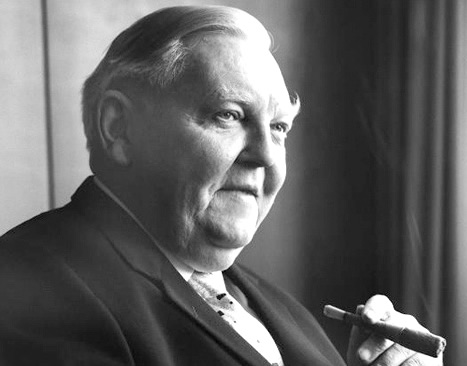|
|||
 |
|---|
Facts About Germany German History German Recipes |
Ludwig Erhard and the Grand Coalition Konrad Adenauer assumed the chancellorship of the newly founded FRG in 1949, at the age of seventy-three. From the beginning, his primary foreign policy goals had been the achievement of German reunification through a policy of strength, the building of strong relations with the United States, and reconciliation with France.
Until the elections of 1961, Adenauer had enjoyed the support of a healthy CDU/CSU majority in the Bundestag. Various domestic issues and very likely also the Berlin crisis, however, reduced the CDU/CSU's strength in the Bundestag and forced the formation of a coalition government with the FDP. The work of this government was impeded by differences of opinion from the outset. Following the resignation of FDP cabinet members in protest over a controversy surrounding the arrest of Rudolf Augstein, editor of the newsmagazine Der Spiegel, for allegedly having reported classified material concerning NATO exercises, the working climate of the coalition deteriorated. Forced to accept the resignation of his powerful minister of defense, Franz Josef Strauss, who had had Augstein arrested, and facing an erosion of support within the CDU, Adenauer resigned on October 15, 1963.
Ludwig Erhard succeeded Adenauer as chancellor. Under Erhard's leadership, the CDU/CSU-FDP coalition remained in power until 1966. Erhard's more liberal economic policy toward the East European states that maintained diplomatic relations with East Germany made maintaining the Hallstein Doctrine difficult. In addition, his position of favoring close coordination of German foreign policy with the United States was resisted by the "Gaullists," even those in his own party, who favored a continuation of Adenauer's close relations with France. The CDU/CSU did well in the elections of 1965, but relations with the FDP had deteriorated. A recession and a budget crisis caused the FDP to drop out of the coalition. Erhard ruled with a minority government for a short time, but after the opposition's significant gains in several Land elections, his party formed a new coalition government with the SPD. Erhard resigned as chancellor in November 1966, less successful in that position than he had been as the "father of the economic miracle." When the CDU/CSU entered into a coalition with the SPD in December 1966, West Germany was experiencing unprecedented economic troubles. High unemployment, a relatively high budget deficit, and an unexpected rise in support for right-wing groups, such as the National Democratic Party of Germany (Nationaldemokratische Partei Deutschlands--NPD), brought West Germany's largest parties together to form what was called the Grand Coalition. Kurt Georg Kiesinger (CDU), who had served as minister president of Baden-Wuerttemberg, was appointed chancellor; Willy Brandt (SPD), the governing mayor of Berlin, became vice chancellor and minister of foreign affairs; and Karl Schiller (SPD) was appointed minister for economics. Considered by many as "unnatural" because the coalition partners came from opposite ends of the political spectrum, the coalition was seen as a temporary solution needed to gain the cooperation of the trade unions and stabilize the economy. - West Germany and the
Community of Nations
|
|
|||||||||||
Powered by Website design company Alex-Designs.com


